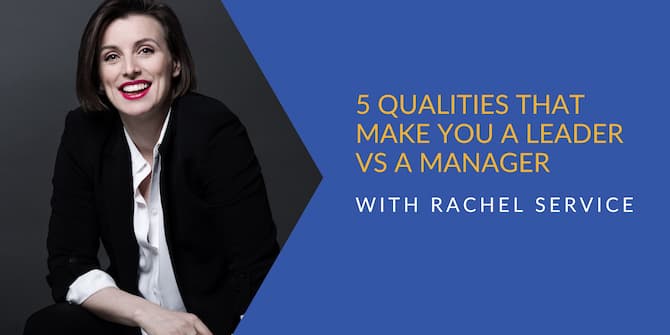How to become a chief executive officer (CEO)
Are you a future leader? Learn how to channel your business skills into a rewarding career, and discover what it takes to become the CEO of a company.
Begin your CEO career path
The path to becoming a CEO takes years of hard work, but it’s not impossible. You’ll need a solid education behind you, as well as varied experience. Here’s where to start:
- While there aren’t any specific CEO degrees, studying a bachelor degree in business, finance, economics or commerce provides a solid foundation for a range of industries.
- Build your employment profile and extend your knowledge with a Master of Business Administration (MBA).
- Develop your career by seeking work experience in a variety of positions, honing your leadership skills while climbing the leadership ladder. Senior-level management experience is essential to becoming a successful CEO.
- Find ways to network with other company executives and further your knowledge through connections and discussion. Membership associations, meetups and conferences allow you to mingle with other leaders and learn from those around you.
Discover MBA courses online
Postgraduate USA-MBF-MAS
Postgraduate SCU-BUS-MAS
Postgraduate ACU-MAD-MAS
Postgraduate TUA-MBG-MAS
Master of Business Administration and Master of Global Project Management
What does a CEO do?
CEOs are responsible for the overall management of a company. They’re leaders of strategic direction, energising upper, middle and lower management to execute business decisions through carefully thought-out policy.
In addition to forward planning, CEOs are often responsible for budgeting, financial forecasting, monitoring profit and loss, and company goal setting to ensure everything stays on track.
You won’t become a CEO overnight, but you can work hard to develop the skills and qualities many businesses want in a leader, including clear communication skills, natural leadership, financial management and business planning. Those in chief executive roles are cool cucumbers, bringing a sense of calm to pressure situations and upholding the company’s values. It sounds like a lot, but with time and experience, you’ll be up to the task.
Duties and tasks
Here are some of the roles and responsibilities of a CEO:
- Creating and implementing a company’s mission and vision
- Representing the organisation and communicating on behalf of the company with relevant stakeholders, including shareholders, government, media and the public
- Developing and implementing business plans, strategies and budgets
- Reporting the organisation's performance to the board of directors (if applicable)
- Maintaining an awareness of the competitive market and identifying business opportunities
- Collaborating and overseeing other executive leaders within the company
- Providing clear leadership to company employees and external stakeholders
Industry bodies
Australian Society of Association Executives (AuSAE)
AuSAE is the leading industry association for organisation leaders in Australia and New Zealand. AuSAE supports leaders by providing networking opportunities, skills workshops and discussion with other industry professionals. Membership options include emerging leaders, executive level managers and CEOs.
The CEO Circle
The CEO Circle is Australia’s leading membership organisation for executives, leaders and CEOs. The group provides a space to connect with other professionals so you can maximise your leadership development. Check out their thought leadership podcast to get a feel for the discussions you may have and the people you could meet.
The CEO Institute
The CEO Institute represents over 5,300 business executives by providing peer support and leadership programs for CEOs, senior executives and managers. It also offers three levels of certification designed to reflect an individual's career journey.
Student stories and study advice

10 trending subjects that will help future proof your career
Enrolments for our first study period of the year are open! There’s a lot to choose from, so let’s narrow down your options. Check out these subjects if you want to boost your career with in-demand skills.

4 careers in sport that aren’t athlete
Fascinated by a career in high performance sport? There are a number of opportunities you can explore that don’t require you to compete—but are just as rewarding.

5 qualities that make you a leader vs a manager
While managers dole out tasks, leaders take things a step further by inspiring everyone around them. Discover how you can become this kind of leader, no matter where you work.

Career planning: What can you do with an MBA?
There are so many ways you can use a Master of Business Administration to get ahead in your career, and they aren’t just in the business world. Let’s look at what else is out there.
Together, we've got this
Your dedicated advisor will help you enrol, plan your studies and find confidence in the knowledge that you belong at university. They’ve helped thousands before you. Now it’s your turn.